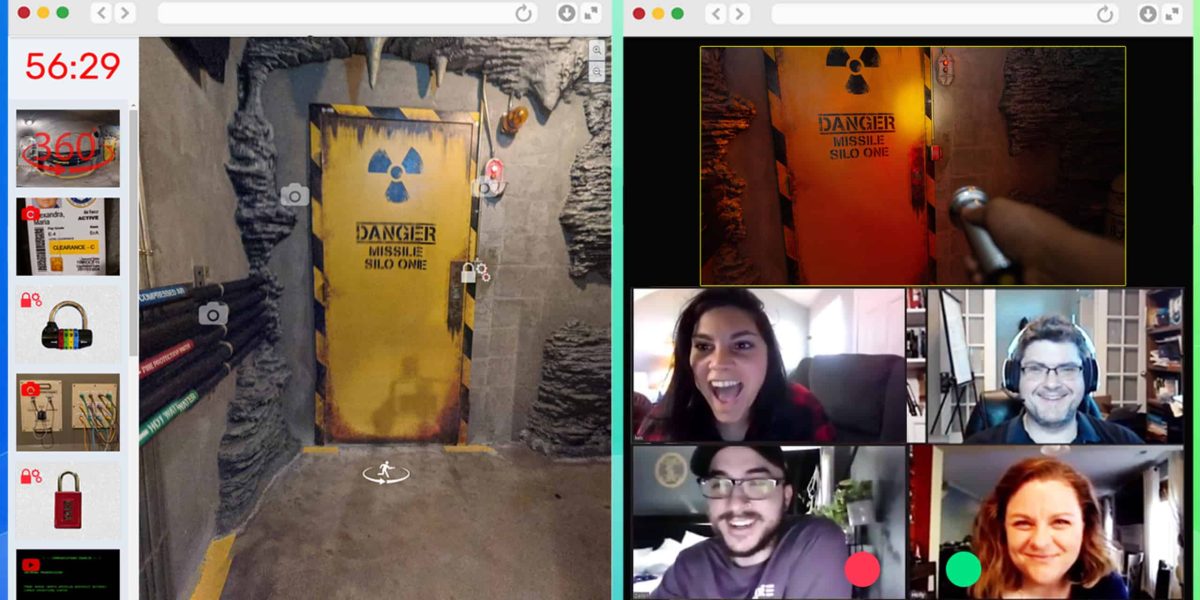The Importance of Virtual Team Building in a Remote Work Era
In today’s increasingly remote work environment, businesses are recognizing the growing need for virtual team building. While in-office employees often bond over coffee breaks or after-work activities, remote teams can feel isolated and disconnected from each other. Virtual team building bridges this gap, fostering collaboration, boosting morale, and strengthening relationships within a dispersed workforce. But why exactly is virtual team building so important, and how can businesses implement it effectively?
Why Virtual Team Building Matters
1. Enhances Communication
One of the biggest challenges in remote work is the lack of face-to-face interaction. Virtual teams may rely on digital tools like email, chat, and video conferencing, but these methods often lack the nuance and connection that in-person conversations provide. Virtual team building activities, such as online games or problem-solving exercises, create opportunities for team members to communicate in real-time. These informal settings help employees become more comfortable with each other, leading to more effective communication in day-to-day work.
2. Strengthens Team Bonds
Building relationships is essential to creating a cohesive team. In traditional office settings, employees can casually chat in the break room or after meetings, but remote teams don’t have these opportunities. Virtual team building allows employees to get to know each other outside of work tasks, helping them form personal bonds. This sense of camaraderie can increase trust among team members, which in turn leads to better collaboration and productivity.
3. Boosts Morale and Employee Engagement
Remote work can sometimes feel isolating. Without the social aspects of an office, employees may struggle to feel connected to their colleagues and the company as a whole. Virtual team building events, such as trivia contests, virtual escape rooms, or even casual coffee chats, help break the monotony of daily work tasks and provide a fun way for employees to engage with one another. When employees feel connected and engaged, they are more likely to be motivated and invested in their work.
4. Encourages Collaboration
Effective teamwork is key to any business’s success, and virtual team building encourages collaboration by fostering trust and open communication. When team members participate in collaborative activities, such as solving virtual puzzles or completing a group project, they learn to rely on each other’s strengths. This teamwork translates into the work environment, where employees are more likely to collaborate, share ideas, and support each other’s goals.
Implementing Virtual Team Building Activities

